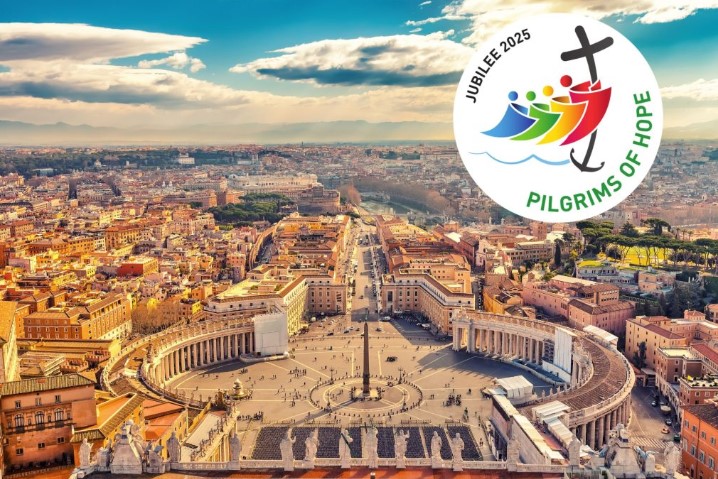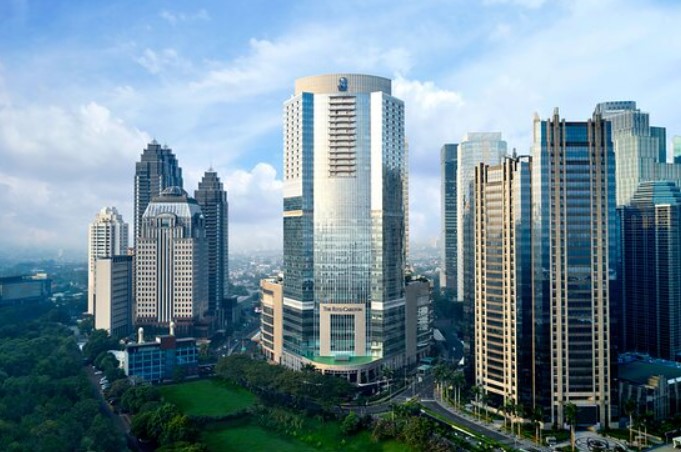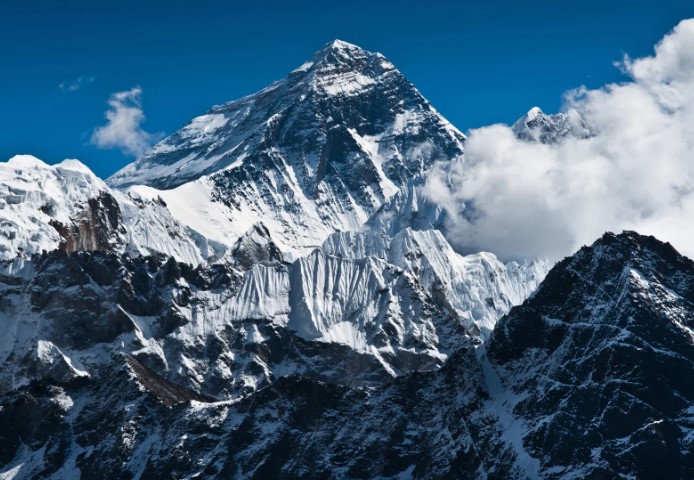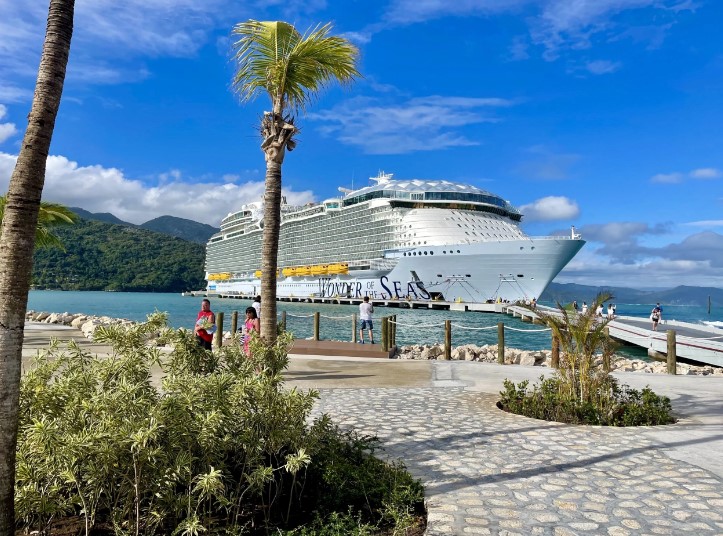A view of a village in Switzerland
As a traveler you have the freedom to choose any city or country to visit, but if you want to help save the planet, choosing a responsible travel destination is the most important choice you can make.
Unfortunately, decades of ‘fast tourism’ have damaged our fragile Earth, often through overconsumption of resources and increased pollution. Tourism is not only responsible for roughly eight percent of the world’s carbon emissions, but, according to The Environmental Protection Agency, cruise ships generate one billion gallons of raw sewage per year, much of it ending up in our seas and oceans. The best destinations for sustainable travel are places that restrict tourist numbers, promote conservation, and uplift local communities. Jacada has compiled a list of international destinations to lower the impact of travel. Here are their suggestions:
COSTA RICA
Turtle in Costa Rica after laying eggs
Costa Rica, an ideal destination to experience wildlife, plunge into thermal hot springs, and walk around a volcano, has long been the jewel in the sustainable tourism crown of Latin America. A huge commitment to going green has resulted in renewable energy sources powering nearly the entire country. Nayara tented camp, in the volcanic region of Arenal, left space for wildlife and wilderness during construction. An epic reforestation program has expanded the tropical rainforest providing safe habitats for sloths, monkeys and butterflies. There’s also an emphasis on supporting the local community with social initiatives and employment within the property.
BORNEO
Dawn in Borneo, Malaysia
Borneo is known for its orangutans, and visiting the orangutan babies will steal your heart. But Borneo also is one of the Planet’s most complex ecosystems. Danum Valley possesses a 169,000 square mile conservation area, and is a prime habitat for orangutans, the rare Bornean pygmy elephant, sun bear, Sumatran rhino and clouded leopard. Over 320 species of trees can be found in less than three acres of jungle and there is a thriving bird population as well. The area’s only property, the Borneo Rainforest Lodge offers a number of low-impact, sustainable activities including an impressive canopy walkway 89 feet above the forest floor. Birdwatching, jungle treks, swimming in the Tembeling waterfall and exciting tubing down the Danum river offer a glimpse into this pristine wilderness.
ECUADOR AND THE GALAPAGOS ISLANDS
Looking over a lake in Ecuador
The Galapagos Islands are one of the planet’s most popular destinations to see iguanas, albatrosses, Blue-footed Boobies and many other species of wildlife up close and personal. Home to a staggering 6.1{0b5b04b8d3ad800b67772b3dcc20e35ebfd293e6e83c1a657928cfb52b561f97} of all the species on Earth, Ecuador and the Galapagos Islands make up one of the most megadiverse places on earth. Local authorities, with the enforcement of strict entry regulations and the construction of the world’s first sustainable airport,are already committed to protecting the natural environment. Across the Amazon, Cloud Forests and Galapagos Archipelago award-winning sustainable hotels and cruises use green operations and lead conservation programs. Hike in the mountains of Ecuador, and swim with seals, sea lions and other wildlife in the Galapagos.
Galapagos Islands
Socio-economic upliftment is also vital in the quest for sustainability. Through employment and other practices Napo Wildlife Centre supports a 500-year-old Amazon community, preserving traditional ways of life.
PERU
Machu Picchu, Peru
A country rich in natural resources and with strict government policies regarding sustainable development, Peru’s future looks green. Machu Picchu is featured on every travelers’ bucket-list, but in the past, these ancient ruins have been ‘over-visited.’ They are now protected with restricted visitor numbers, compulsory guiding, and time slots which must be adhered to. Deeper into the Sacred Valley, 1,312 feet above ground and hanging from a cliff, is The Sky Lodge, a sustainable hotel which floats above the ground, its clear walls immersing guests in the natural world. Powered completely by solar energy, the hotel features a dry ecological bathroom suite and zero single-use plastic usage. The only way to reach the hotel is on foot or by zip line, an adventure in itself.
RWANDA
C.U. viewing of gorillas in Rwanda
Rwanda’s responsible wildlife activity, particularly surrounding critically endangered mountain gorillas and the white rhino, puts it firmly on the list of sustainable places to visit. Practicing the ‘less is more’ model means fewer guests lessen the impact on the environment. Wilderness Bisate Lodge, close to Volcanoes National Park, excels in great ape research and protection. You will have the opportunity to experience a close encounter with an entire gorilla family, led by a highly qualified guide. In a pioneering reforestation program, Bisate has planted over 70,000 indigenous trees, ensuring a more sustainable future for the local area.
BOTSWANA
Slow travel in Botswana
Botswana is one of the world’s top wildlife destinations with huge areas of the Kalahari uninhabited by humans, and a massive 37{0b5b04b8d3ad800b67772b3dcc20e35ebfd293e6e83c1a657928cfb52b561f97} of the entire country set aside as a conservation area. There are 10 national parks and scores of private reserves. In the Linyanti, Wilderness DumaTau protects one of the world’s largest elephant herds by maintaining ancient wildlife corridors. In the Okavango Delta uplifting local communities and conservation goes hand in hand at Wilderness Vumbura Plains camp. Education, skill sharing, and upliftment programs uplift local people and the wildlife sanctuaries in which they live.
BHUTAN
Tiger’s Nest, Bhutan
Bhutan, the last Buddhist kingdom on earth is a tiny, carbon-negative nation wedged in between China and India that practises sensitive tourism, restricts visitor numbers, and charges a daily visa fee. A ‘less is more’ approach mutually benefits guests and the Bhutanese which helps to forge meaningful connections. Conservation, growth and protection of national parks are high on the constitutional agenda. Jigme Singye Wangchuck National Park in the Gangteng Valley offers visitors the chance to learn about Black-necked Crane conservation. Six Senses, one of the world’s leading sustainable hotel chains, commits to preserving and protecting Bhutan’s unique environment. In Bhutan, guests hike, visit monasteries, listen to monks chanting, watch archery contests, and buy exquisite coral and turquoise jewelry.
NEPAL
Trekking in Nepal
Nepl is blessed with an intense natural beauty from the peaks of the Himalayas and Annapurna to the glistening lakes of Pokhara. The government protects 24{0b5b04b8d3ad800b67772b3dcc20e35ebfd293e6e83c1a657928cfb52b561f97} of the country with national parks, reserves and buffer zones (where people live within national parks) and there’s an emphasis on mutually beneficial, nature-based tourism. Tiger Mountain Pokhara Lodge has proudly evolved beyond standard ‘eco-tourism’ and now focuses on regenerative tourism initiatives specific to the middle hills of Nepal. They offer authentic experiences through which guests, employees, locals and the environment can thrive. There is nothing like trekking beneath some of the highest mountains in the world.
NEW ZEALAND
Maori dancing in New Zealand
New Zealand is serious about its sustainable tourism; the aim is to significantly reduce the tourist carbon footprint and to be net zero before 2050. Maori culture has spearheaded government policies that protect the environment such as giving natural wonders the same rights as humans in a court of law. On the shores of Lake Pukaki, off the grid, self-sufficient living and low impact excursions such as biking and stargazing, can be found at Lakestone Lodge. The lodge relies totally on solar power, rain and bore water and has a sewage treatment facility.
ICELAND
Panoramic sunset aerial view in the Highlands of Iceland..
Epically beautiful, this icy island’s main attraction is the land itself. Rich in thermal energy and other renewable sources, Iceland is at the forefront of sustainable energy production. In fact, 85{0b5b04b8d3ad800b67772b3dcc20e35ebfd293e6e83c1a657928cfb52b561f97} of its power is made by renewable energy. Ice caving, puffin watching, viewing the northern lights, glacier hikes and soaking in the blue lagoon are among a host of low impact activities that visitors can experience in this natural paradise. Sustainable design and green operations are showcased at both The Retreat at the Blue Lagoon with its harnessing of geothermal power and at Torfhús Retreat with its turf rooftops and fleet of electric vehicles.
FINLAND
W.S. Northern Lights in Finland
According to a 2022 report from the United Nations, Finland is the most sustainable country in the world. Impressively, the city of Lahti won the European Green Capital award two years ago because of its energy-efficient homes, recycling programs, and UNESCO-certified groundwater systems. Nationwide, 40 national parks protect this extraordinarily beautiful environment. Across Finnish Lapland there are a host of activities suited to sustainable travel including dogsledding, cross country skiing, snowshoeing, reindeer visits and even survival courses. Choose a hotel such as the remote Wilderness Hotel Muotka where there is no light pollution and the Northern Lights can often be seen.
SWITZERLAND
A train passes a lake in Switzerland
Known for its immaculate cities and clean living, Switzerland is an extremely environmentally-friendly country with nearly 60 percent of its electricity coming from hydropower. It also boasts excellent waste management with around 50{0b5b04b8d3ad800b67772b3dcc20e35ebfd293e6e83c1a657928cfb52b561f97} of rubbish being recycled. Sustainability and luxury work together in the picture-perfect Alpine region of Gstaad at the Alpina hotel, where the executive chef has introduced a zero waste philosophy, creating sustainable dishes such as zero waste pasta and pizza (made from left-over rye bread to create casarecce pasta and dough). But Switzerland offers so much more than delicious food. There are endless outdoor winter sports and summer activities including hiking in the beautiful land of Heidi. The trains in Switzerland are extremely comfortable with outstanding views and are the most punctual trains in the world.
So, pack your bags, and by choosing a responsible destination and accommodation , you will be helping to save the planet.
A waterfall in Greenland





More Stories
Embracing Hope – The Pilgrims of 2025 and the Jubilee Year
10 Highest Mountains in the World: Exploring Earth’s Pinnacles
15 Best Places to Visit in Bali: Unveiling Tropical Paradise